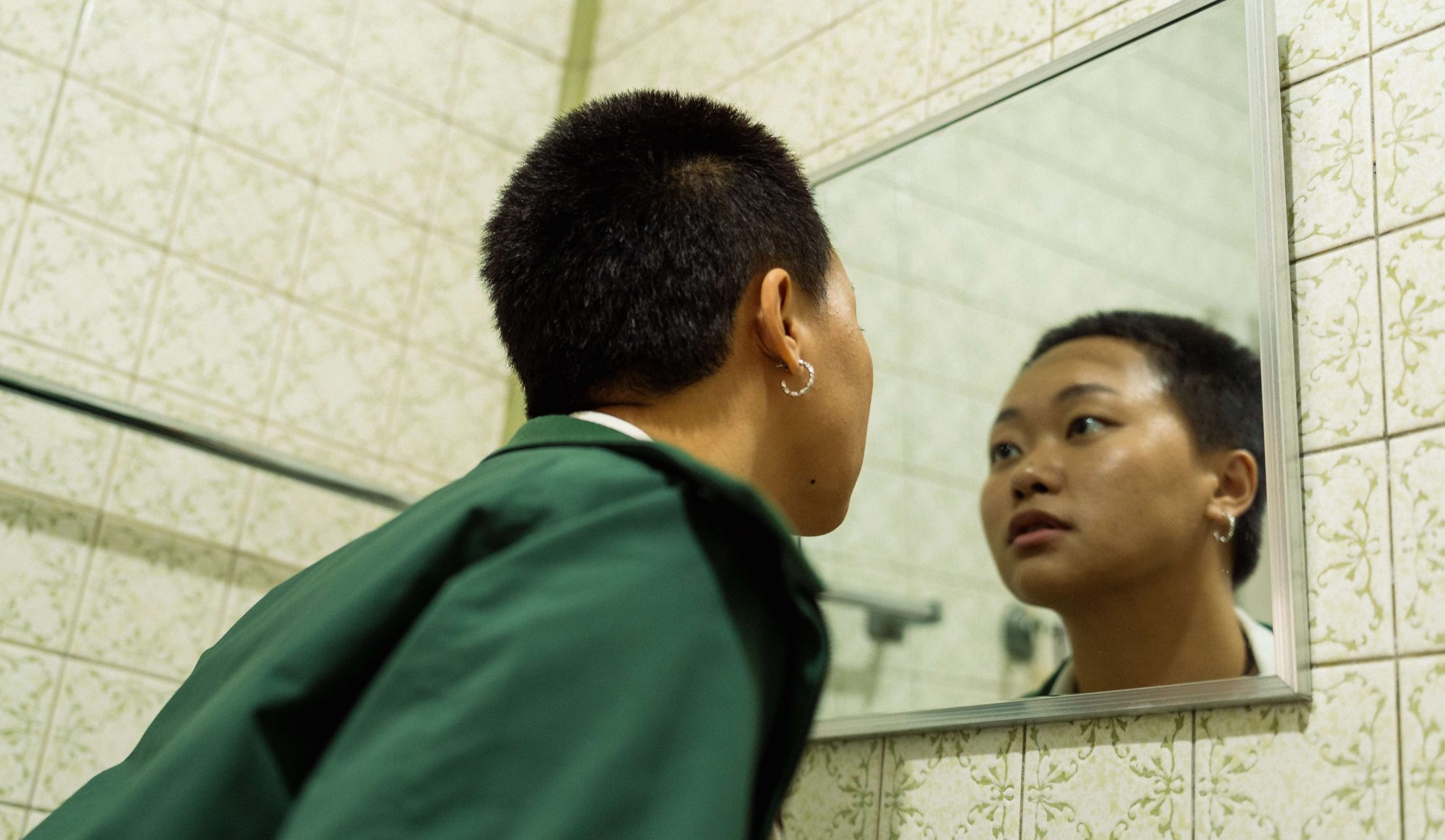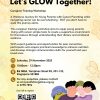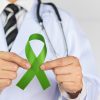As Singapore celebrates its 59th birthday, we, its citizens, proudly identify as Singaporeans. While national identity is one aspect of who we are, it’s not the only way we define ourselves. We all have unique identities, such as being a ‘Strong One,’ a ‘Good Friend,’ or even a ‘Best Leader.’ However, these identities can be challenged when faced with the adversity of cancer.
What is our self-identity?
Our sense of self is shaped by our values, beliefs, goals, and other personal attributes. These elements contribute to our unique identity (Healthline, 2020):
- Values: Principles that guide our actions and decisions, reflecting what we prioritise in life, such as work, relationships, and health.
- Beliefs: They help us identify our priorities and shape our opinions on important matters.
- Goals: The objectives we set for ourselves, representing what we strive to achieve in life.
- Other aspects: Our unique identity is shaped by our personality traits, abilities, moral code, and motivating factors.
When faced with the challenges of cancer, individuals may experience shifts in their values, beliefs, life goals, and other psychological aspects. Let’s explore some common identity transformations that cancer patients may undergo during their journey.
How does cancer affect our self-identity?
Common self-identities adopted by cancer patients include the following (Park et. al., 2009):
Survivor
This is the most common term used to describe individuals who continue to live after a cancer diagnosis, regardless of their life expectancy. It encompasses the multifaceted impact of cancer on all aspects of their lives.
While ‘survivor’ can be an empowering term, some cancer patients may hesitate to adopt it due to concerns about implying a complete cure without the possibility of recurrence. Cancer survivors should acknowledge the potential for future relapses and maintain a ‘warrior’ mindset to navigate any challenges that may arise
Patient
This is the second most common term and is used during active cancer treatment. While appropriate in that context, continued identification as a ‘patient’ after treatment may be disempowering, leading to feelings of hopelessness and a loss of control. This can contribute to a passive mindset and the adoption of a ‘sick role.’
The demands of illness and treatment can lead individuals with cancer to temporarily disconnect from their usual roles and responsibilities. This can result in a loss of confidence or ability to perform routine daily tasks.
After completing active cancer treatment, it is important to focus on helping individuals regain their lost abilities and confidence, enabling them to reintegrate into their previous roles and responsibilities.
Victim
This is the least common term, often associated with a sense of vulnerability and a lack of control over one’s cancer journey. It reflects the belief that cancer is caused by external forces, leading to feelings of injury, powerlessness, and injustice.
Overprotectiveness from caregivers and loved ones can sometimes hinder individuals with cancer, depriving them of a sense of agency and leaving them feeling victimised by their condition. This can lead to helpless thoughts like, ‘I’m a sick person, and there’s nothing I can do.’.
Before cancer, individuals might have taken on the majority of family responsibilities. After diagnosis, they may need to handover these tasks to other family. Additionally, workplace stigma can lead to prejudice from colleagues or bosses, resulting in negative labels like ‘I’m a useless person now because of cancer’.
Empowering individuals to adopt a growth mindset is crucial for helping them overcome feelings of being a “victim” and regaining a sense of control. Let’s explore some strategies to help redefine ourselves after surviving cancer.
How can we redefine ourselves after surviving cancer?
Here are some strategies to help redefine ourselves after surviving cancer:
- Adjustment into new roles or back to previous roles: To ease the transition back into your roles, consider gradually resuming responsibilities, adapting tasks to your current abilities, and setting realistic expectations.
- Cultivate a Growth mindset: Cultivating a growth mindset during recovery can help you regain your abilities and confidence, believing that progress is possible through consistent effort.
- Positive affirmation: Celebrate your progress by acknowledging and rewarding your efforts as you reintegrate into your roles. Remember that setbacks are a normal part of the process, so be patient with yourself.
- Self-reflections on current self: Identify any self-limiting beliefs that may be hindering your progress. What negative thoughts are holding you back from moving forward? By adopting a growth mindset, you can acknowledge your current challenges while maintaining a positive outlook on your ability to overcome them.
In a nutshell…
Illness is not a defining characteristic; our identity is shaped by our choices. By cultivating a growth mindset and practicing effective coping strategies, we can maintain a positive self identity, even in the face of adversity.
Share some words of encouragement to other cancer survivors who are still on the road to recovery!
Navigating the challenges of life, especially those related to cancer, can be difficult. During these times, having a supportive companion can make all the difference. Our counsellors are here to walk alongside you on this journey.







